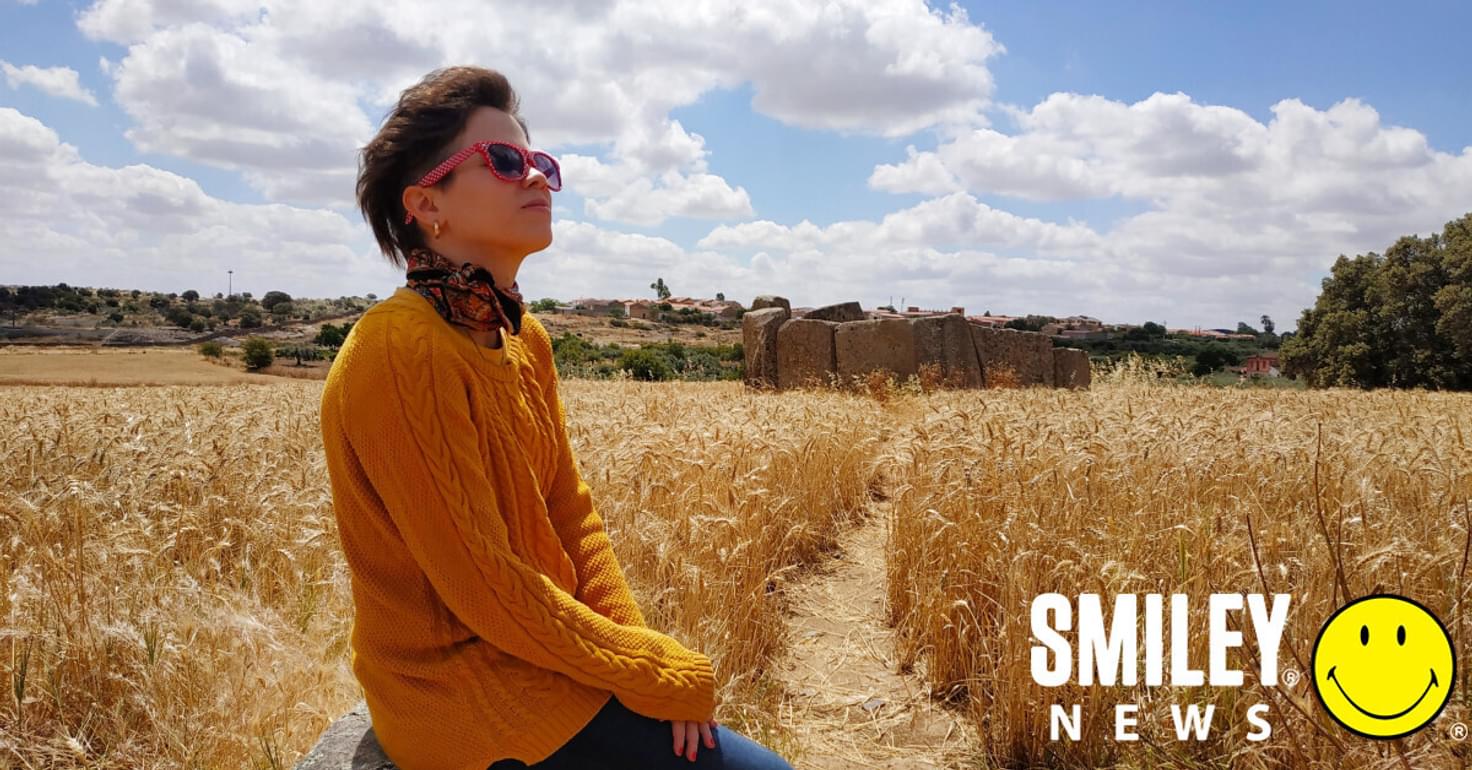
Words by Smiley Team
Traditionally, career success stories involve someone moving from the countryside to the big city to earn fame and fortune. They rarely see the protagonist returning to their rural beginnings. This, however, was how things unfolded for Marta Lozano Molano, a young musician who ditched a successful career to resolve rural inequalities in her native country, Spain.
As a full-time composer and singer in the London Symphony Chorus, Marta had been traveling the world, giving performances to audiences across Europe and America. She dropped this lifestyle to set up a magazine and social enterprise, Wazo Co-op to uplift rural areas of Spain from poverty.
“I'm from a very rural area so I had the feeling that I didn't have the option of returning to continue my professional development there, so I decided to let go of everything,” she recounted. “I returned to her homeland in Extremadura, a rural region of Spain, because people should be able to make their own decisions; if they want to go abroad to study or work that’s fine but if they want to return they should be able to have strong career opportunities here as well.”
At first, she felt unsure what to do upon returning home. But after a few months, she met two inspirational individuals with whom she learned about the social solidarity economy.
This localised alternative to capitalism comes in different forms, including doughnut economics, as implemented in Amsterdam and Cornwall, UK. It is also sometimes referred to as an economy for the common good. What all these varieties share is the principle that we should prioritise people’s wellbeing and the planet over profit alone.
“For me, this kind of economy is very important for society because it promotes social cohesion and solidarity in local contexts. It involves democracy, support, equality and diversity to help shape enterprises so that they prioritise the people,” Marta explained.
To spread awareness of this benevolent type of economics, Marta and her two colleagues Andrea Vincenti and José Luis Díaz launched Wazo Magazine in 2015 to report on issues and solutions relating to the social solidarity economy as well as creative and cultural industries.
Two years later the project had become so successful that they decided to build upon what they’d learnt and introduce this more humane economic system to rural Spain. They created Wazo Co-op, a non-profit social co-operative designed to improve people’s lives in concrete ways.
As a co-operative, it is communally owned by its members, and democratically run in their interests. The organisation empowers rural residents and leaders through a range of community projects. They collaborate with other groups and form relationships to uplift deprived or disadvantaged people, while strengthening community bonds and access to resources.
One of their latest projects involves working with elderly rural women to overcome barriers to using technology and the internet as a means of communication, tackling loneliness and gaps in education.
For more information and to get involved in Wazo Co-op visit wazo.es.

This work is licensed under a Creative Commons Attribution-NonCommercial-NoDerivatives 4.0 International License